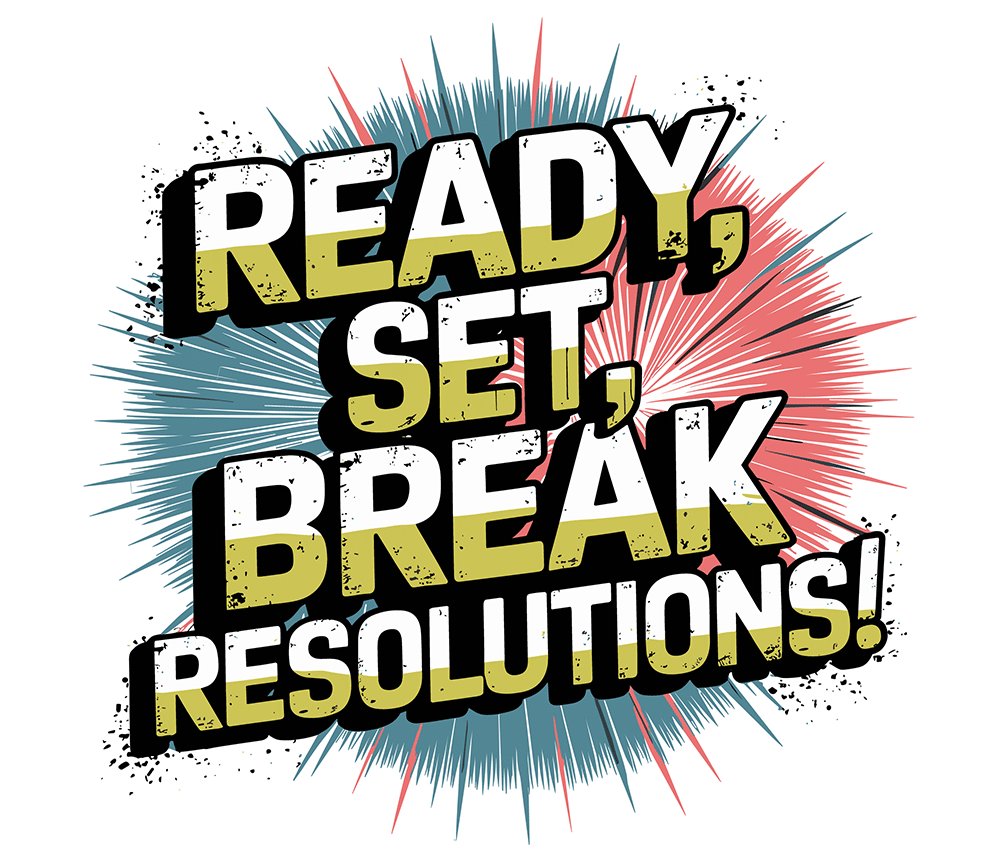
Friday, January 10th was National Quitters Day. Always the second Friday after New Years Day, Quitters Day is the day people are most likely to decide to quit their New Year’s resolutions.
(Look it up – I don’t make everything up.)
I suspect it’s because people who decide to stop drinking want to go out and party after missing a weekend, but I’m not a researcher. And I digress.
Speaking for myself, there are plenty of behaviors I should stop doing in my personal life, and since my daughter is about to have our first grandchild, now seems as good a time as any.
Speaking as a leader, I quit a number of behaviors a long time ago, because I learned how detrimental they were to successful team performance and how hurtful they can be to individuals. Some I learned by trial and error, and some were brought to my attention.
The latter was usually painful, so maybe you can learn vicariously from my mistakes. These may not all resonate with you, but here are a few behaviors I needed to quit that were a surprise to me:
Showing favoritism. Never in a million years did I think I was playing favorites. I thought I was just treating my high performers like high performers and my slugs like slugs. What I learned was how you act toward someone has nothing to do with how you assign work or recognize accomplishments. There’s a big difference, and I’m different now.
If that might sound like you, quit playing favorites.
Being unapproachable. What?? Me?! I had a clear open-door policy: if I wanted you in my office, my door was open. From feedback I got, that didn’t even begin to scratch the surface. I wasn’t approachable: if I was busy, in a hurry, in a bad mood, or if someone was easily intimidated. What I learned as the leader of a team was being approachable was (and still is) one of the most important behaviors a leader should exhibit. It comes with being a good listener, encouraging, empowering, and if need be, forgiving.
Quit being unapproachable.
Setting unclear expectations. I knew what I wanted done, and I told them what they needed to do. It seemed clear to me. The results were predictable: their failure to meet expectations resulted in my frustration. It took a high performer to finally open my eyes. She didn’t know the results I was looking for, the purpose or what would be done with the results, or when I wanted them by. Apparently, she couldn’t read my mind.
A tip: not everyone is as smart as you. I recommend you quit setting unclear expectations.
Pretending to know when I didn’t. Guilty. And I knew I did it. After all, what leader wants to look stupid in front of their team. What I didn’t know was that I already looked stupid in front of the team, because someone did know and soon, everyone else would know but me. Follow that?
Not only do pretenders lose respect and trust, but there are also a host of negative consequences that come along with making bad decisions or recommendations because you don’t want to admit you don’t know. On the other hand, acknowledging a gap in your expertise and asking for help shows honesty and humility. And that produces respect and trust – the currency of leadership.
If you’re a pretender like I was, quit it!
I don’t know what behaviors you need to quit exhibiting, but I do know there’s an easy way to figure them out. Try this:
Think of the very worst leader you’ve ever had. Now think of the behaviors that made them the worst and the way they made you feel. Quit doing those.
Now think of the best leader you’ve ever had and the behaviors that made them the best. Start doing those instead.
No better time than the start of the new year to give yourself a little leadership tune-up.
Or you can keep doing the same thing and getting the same results.
It’s up to you, leaders.

